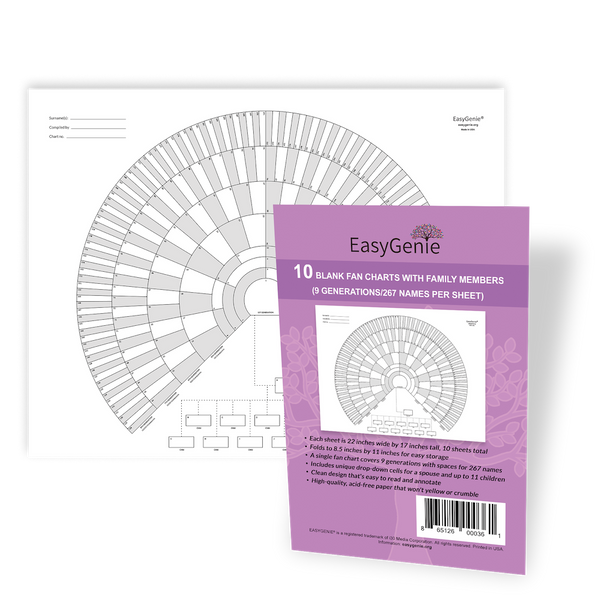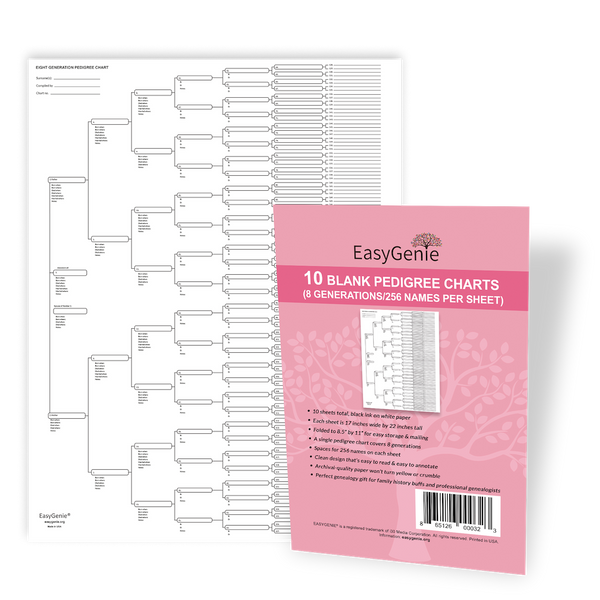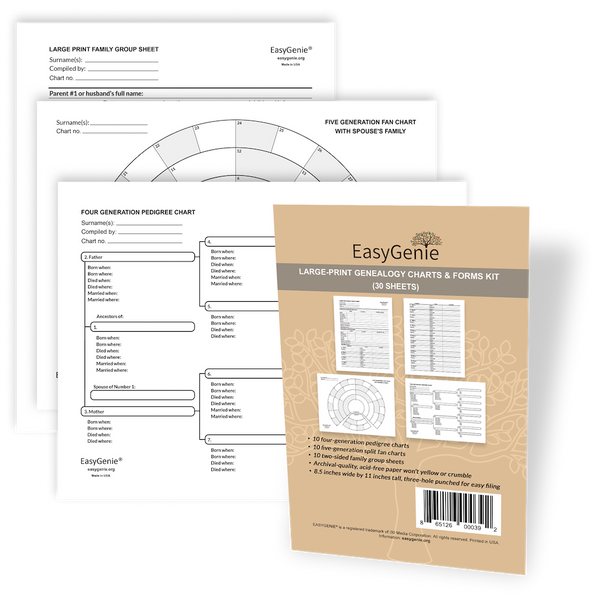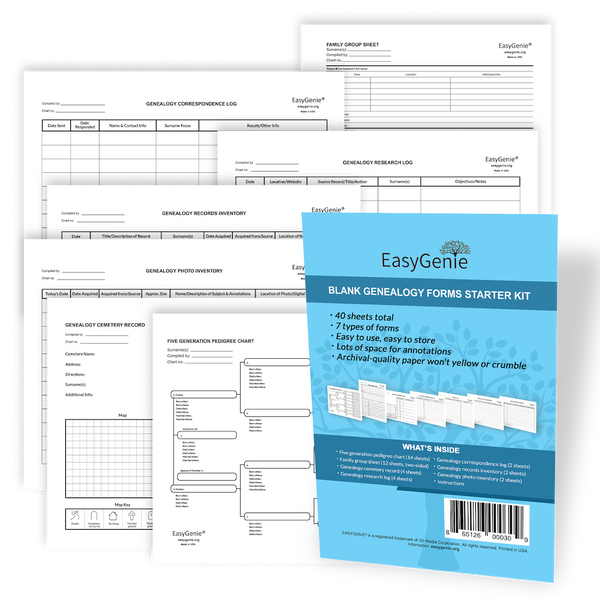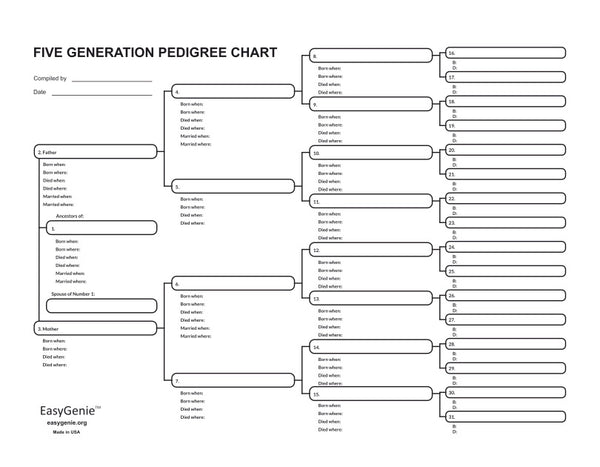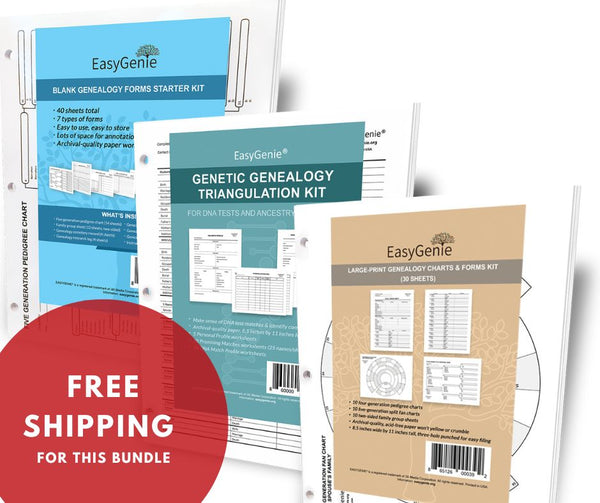
A "50 year" genealogist asks: Will descendants be able to access our information?
Ian LamontEarlier this year, we talked about the “50 year club” – genealogists who have been researching their family history for five decades or longer. One reader shared her story:
"I was probably 15 when Daddy would take me to various cemeteries. He'd joke and ask if I'd like to go with him to dig up some old relatives.
Daddy, who died in 1991, was the family historian of his era. He owned a business and spent many hours in his office hand-typing family group sheets (with carbon paper to make several copies at once), writing letters to relatives to get their help or share something he'd found. He would also travel to talk with some of the older generations.
After his death I became more active on my own. I began using some of the earliest genealogy programs and later graduated as time and technology progressed to online resources such as MyHeritage, FamilySearch and Find-a-Grave.
I have also learned the older I get, that future family historians may not have access to these sites... the sites may simply stop to exist, or individuals may not be able to afford the fees to use them. With this said, I try to make hard copies of my research as well as the digital ... just in case.
I will be 70 in August. Having been addicted to genealogy since I was at least 15, that would definitely make me a member of the “50 year club". I have not done this by myself. My youngest daughter (who is 34) has accompanied me all of her life to various reunions and endless cemeteries. Now she is carrying on the family detective work as she includes her 4-year old son ... the fourth generation of historians!"
What a wonderful story! The observations about technology are important. It’s a double-edged sword. On the one hand, technology enables us to do research more efficiently. Sharing photos and trees online. Searching databases from the comfort of our homes instead of at family history centers. Using fillable family group sheet PDFs instead of a typewriter and carbon paper!
But this reader shared another side to the technology revolution: Will anyone be able to access our research in the future?

This is one of the greatest challenges facing current and future genealogists. Many assume Ancestry’s powerful research features also include a solution to preserving family history. In reality, it doesn’t.
Practically speaking, it means we have to do more to make sure our research is shared widely among descendants and relatives, preferably in a paper format that will last 100 years or longer. It’s not easy, but it’s one of the most important things we can do as family historians.
